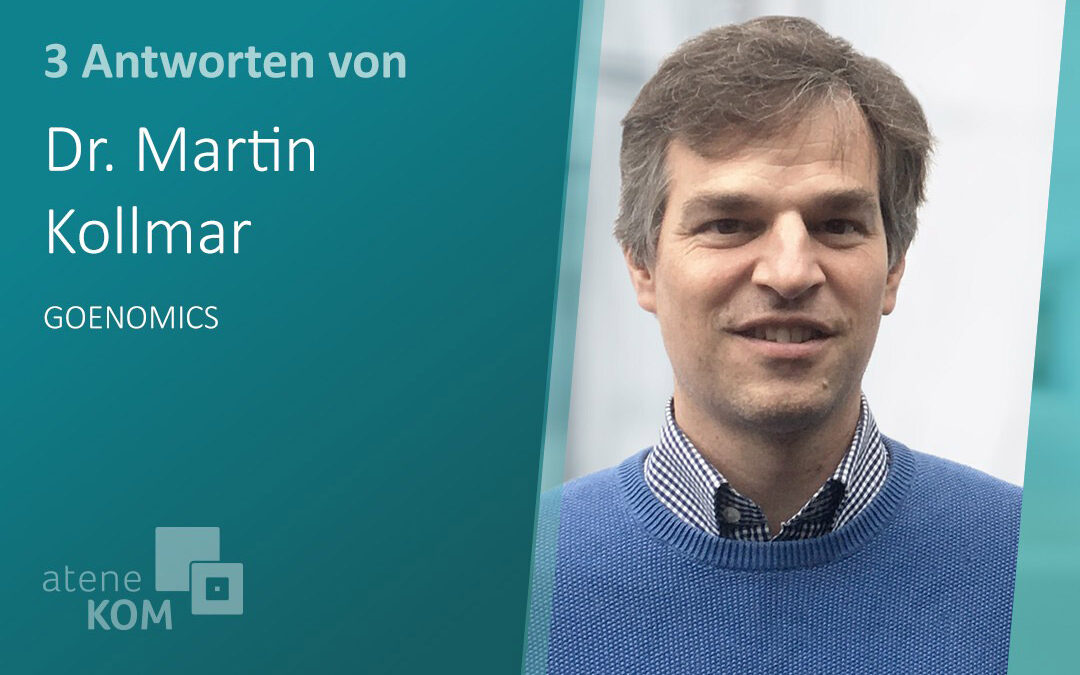On the aconium GmbH journey into the future, we meet people for whom digitalization is more than just a buzzword. Dr. Martin Kollmar is Managing Director of GOENOMICS GmbH from Göttingen. Together with Technical Director Dr. Dominic Simm, he has developed a platform and database to accelerate and improve genome annotation (genetic analysis) in order to enable the agriculture of tomorrow.
Because this new process enables great savings potential in the research and development of new plants that have to adapt to changing environmental conditions, GOENOMICS received the Innovation Award of the Göttingen District 2021 and the DurchSTARTer Award of the State of Lower Saxony 2021.
Mr. Kollmar, what are your company’s goals for the future?
With our team of computational biologists, programmers and machine learning experts, we are laying the foundation for overarching plant breeding goals, such as securing the global food supply by optimizing heat tolerance, tolerance to nutrient and water scarcity or resistance to agricultural pests and improving fungi for industrial drug production and waste management.
What roles do computer technology and digitization play in this?
The use of digital technologies has been the basis for all our work since the company was founded: all procedures and administrative processes are carried out digitally in our company and are also archived digitally. The documents that reach us in paper form are immediately digitized so that they are available to all employees in a timely manner. This form of process organization was essential for our work even before the coronavirus pandemic, and working from home has been an essential part of our day-to-day business since the beginning of our entrepreneurial activities. Working without digital tools and the achievements of digitalization is unimaginable for our company.
How do you see the way forward?
One future goal is the sustainable growth of the company. And of course we are always very open to innovative high-tech topics. But the results of our work, such as the adaptation of plants to drought, water shortages or resistance to agricultural pests, are only part of the agriculture of tomorrow. Our contribution is complemented by many other measures. For example, another building block of sustainable agriculture is the use of sensors to digitally determine weather data (temperature, precipitation, wind, soil moisture). This allows fertilizer and irrigation to be used as sparingly as possible.
A significant improvement in data connectivity in rural areas is a key factor in sustainable food supply.

